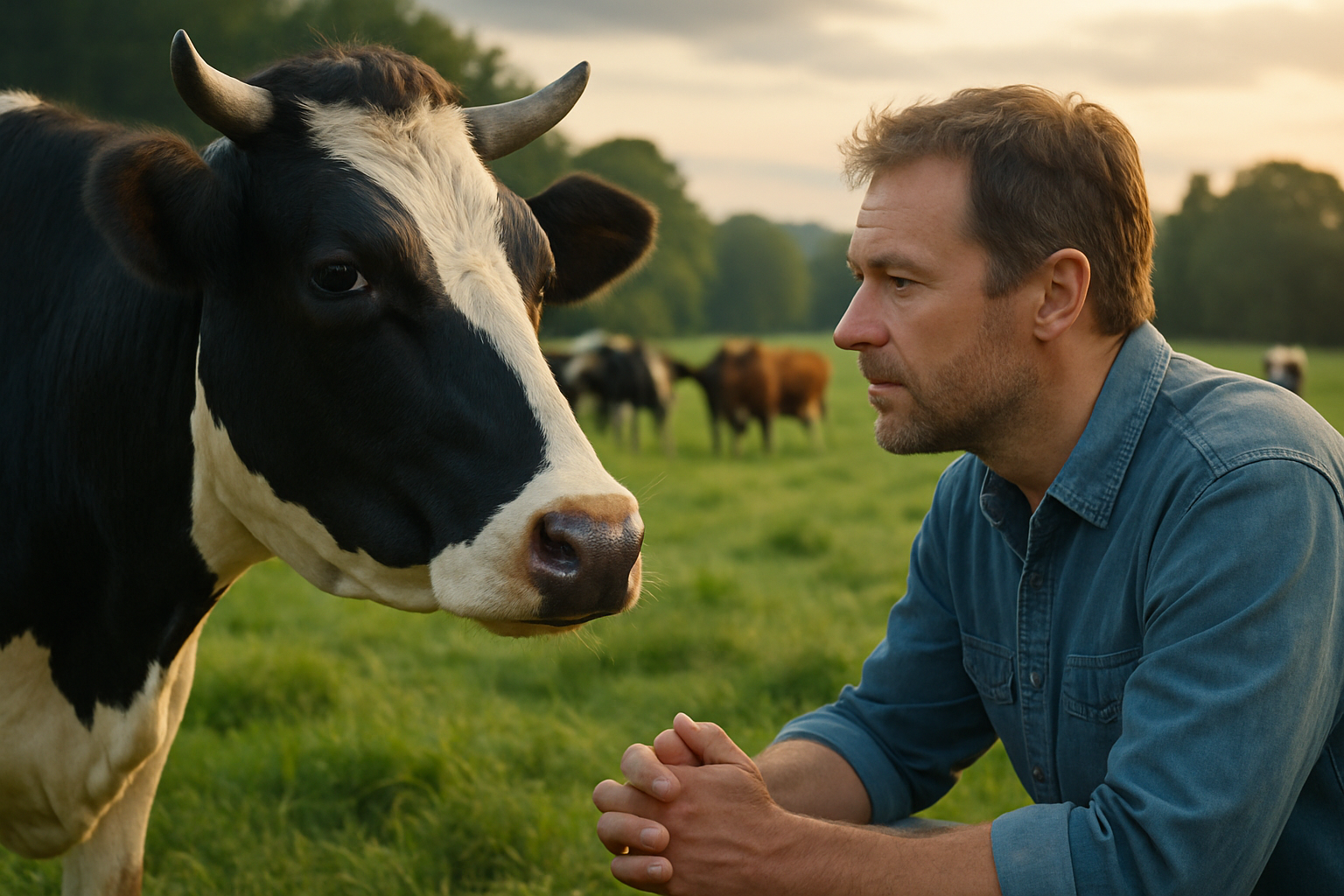Understanding Farm Fencing: A Comprehensive Guide to Options and Solutions
Find cost-effective farm fencing options that balance durability, security, and style. Whether you’re enclosing livestock, protecting crops, or defining property lines, explore materials and designs that can stand up to the elements while keeping your land well-protected.

Exploring Common Farm Fencing Materials and Types
Farm fencing comes in several primary categories, each serving different purposes. Traditional options include wooden post and rail fencing, which offers a classic appearance and solid construction. Wire fencing varieties, including woven wire, barbed wire, and high-tensile electric fencing, provide practical solutions for livestock containment. Modern vinyl and composite materials offer durability with minimal maintenance requirements. Each material type presents unique advantages depending on your specific agricultural needs.
Selecting the Right Fencing Solution for Your Farm
The choice of farm fencing depends on various factors, including the type of livestock, terrain characteristics, and climate conditions. For cattle operations, sturdy barbed wire or high-tensile electric fencing often proves most effective. Sheep and goats typically require woven wire fencing with smaller gaps, while horses benefit from taller, more visible fencing options like post and rail or vinyl. Consider your property’s specific requirements when evaluating different fencing solutions.
Understanding Farm Fencing Installation and Maintenance
Professional installation ensures long-lasting performance and proper functionality of your farm fencing. Key considerations include proper post depth, spacing, and corner bracing systems. Regular maintenance tasks involve checking for damaged sections, maintaining proper tension in wire fencing, and addressing any ground erosion issues that might affect fence stability. Establishing a maintenance schedule helps prevent costly repairs and extends fence longevity.
Cost Considerations for Farm Fencing Projects
| Fencing Type | Material Cost (per linear foot) | Installation Cost (per linear foot) |
|---|---|---|
| Barbed Wire | $1.50 - $2.00 | $3.00 - $5.00 |
| Woven Wire | $2.00 - $4.00 | $4.00 - $6.00 |
| Post and Rail | $15.00 - $25.00 | $10.00 - $15.00 |
| Electric Fencing | $0.75 - $1.50 | $2.00 - $4.00 |
Prices, rates, or cost estimates mentioned in this article are based on the latest available information but may change over time. Independent research is advised before making financial decisions.
Finding Quality Farm Fencing Contractors
Selecting a reputable fencing contractor is essential for successful installation. Look for companies with extensive agricultural fencing experience, proper licensing, and insurance coverage. Request references from previous farm projects and verify their expertise with your specific fencing type. Many contractors offer free consultations and can provide detailed proposals for your fencing project.
Understanding your farm’s fencing needs requires careful consideration of multiple factors, from material selection to installation requirements. By evaluating available options and working with qualified professionals, you can implement a fencing solution that provides long-term value and meets your agricultural requirements. Remember to factor in both initial costs and long-term maintenance when making your final decision.




